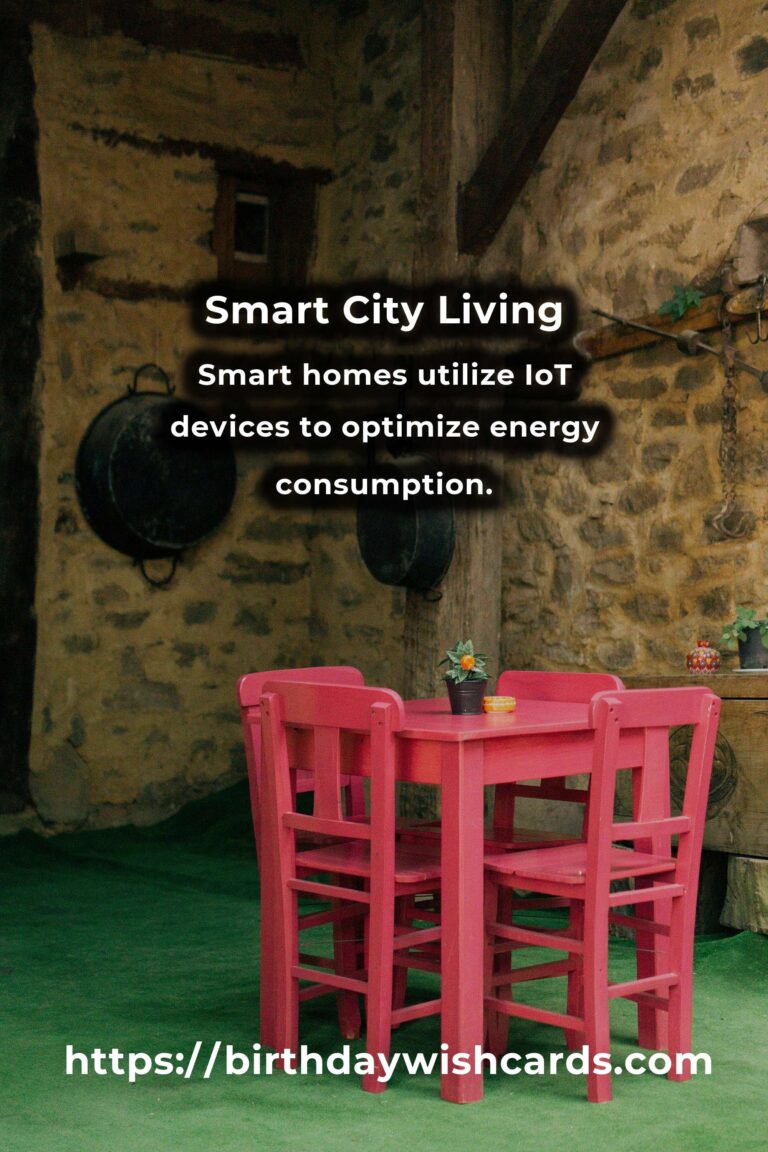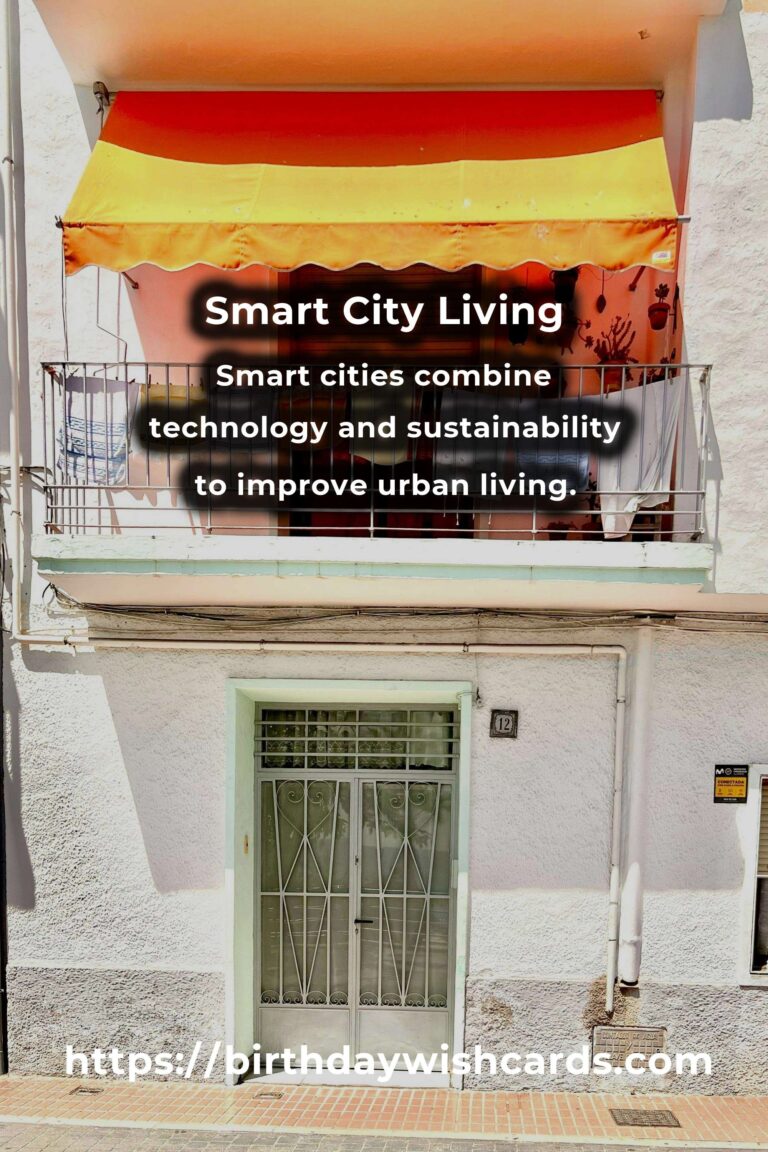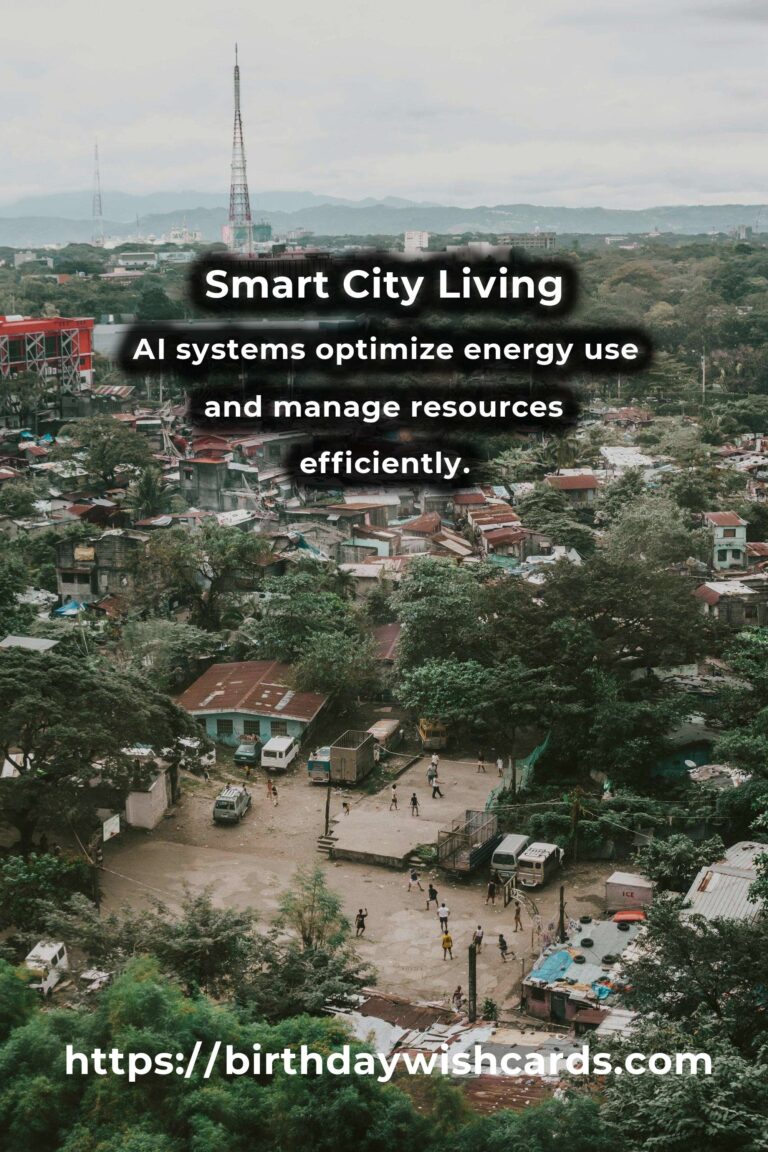
As the world becomes increasingly digital, the concept of sustainable living is evolving. This evolution is driven by technological advancements that promote environmental responsibility and economic efficiency. The future of digital sustainable living holds great promise, integrating smart technology with eco-friendly practices to create a balanced, efficient, and healthier way of life.
Smart Homes and Energy Efficiency
Smart homes are at the forefront of the digital sustainable living movement. They utilize Internet of Things (IoT) devices to optimize energy consumption and improve overall home efficiency. By using smart thermostats, energy-efficient lighting, and intelligent appliances, households can significantly reduce their carbon footprint. These systems can learn user habits and adjust settings to save energy without compromising comfort.
Renewable Energy Integration
The integration of renewable energy sources such as solar and wind power into digital systems is another critical aspect of sustainable living. Innovations in energy storage and grid management enable homes and businesses to use renewable energy more effectively. By harnessing these clean sources, communities can reduce reliance on fossil fuels and cut emissions, aligning with global environmental goals.
Digital Platforms for Sustainable Practices
Digital platforms are emerging as powerful tools to encourage sustainable practices. Apps and websites that promote recycling, eco-friendly products, and sustainable transportation options are becoming more prevalent. These platforms provide users with the information and resources needed to make environmentally conscious decisions and track their sustainability efforts.
Smart Cities: The Future of Urban Living
Smart cities represent the pinnacle of digital sustainable living, combining technology and sustainability to improve urban life. These cities use data and digital solutions to enhance transportation systems, reduce waste, and manage resources efficiently. By incorporating smart grids, public transportation apps, and waste management systems, smart cities aim to create environmentally friendly and livable urban environments.
The Role of Artificial Intelligence
Artificial Intelligence (AI) plays a significant role in the future of digital sustainable living. AI systems can analyze vast amounts of data to optimize energy use, manage resources, and even predict environmental changes. This technology supports various applications, from smart farming to efficient city planning, making sustainability efforts more effective and scalable.
Challenges and Opportunities
While the future of digital sustainable living is promising, it also presents challenges. These include the need for significant investments in technology, data privacy concerns, and ensuring equitable access to digital solutions. However, these challenges also present opportunities for innovation, collaboration, and policy development to create a more sustainable digital future.
In conclusion, the future of digital sustainable living is bright, driven by innovations that integrate technology with sustainability. By embracing smart homes, renewable energy, digital platforms, smart cities, and AI, we can create a more sustainable and efficient world. As we move forward, it is crucial to address the challenges and seize the opportunities to ensure a sustainable future for all.
Smart homes utilize IoT devices to optimize energy consumption. Renewable energy integration is key to reducing reliance on fossil fuels. Digital platforms encourage sustainable practices and eco-friendly decisions. Smart cities combine technology and sustainability to improve urban living. AI systems optimize energy use and manage resources efficiently.
#DigitalLiving #Sustainability #SmartHomes #RenewableEnergy #SmartCities













